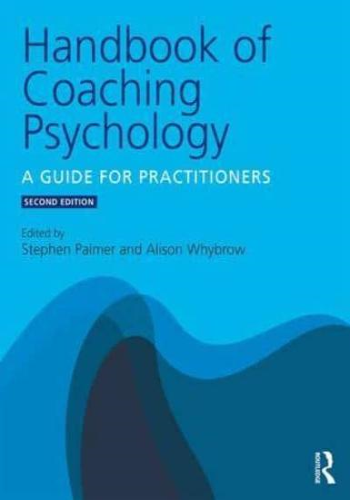Chapter 1: Introduction
* Defines coaching psychology as the application of psychological principles and practices to the field of coaching.
* Highlights the history and evolution of coaching psychology, including its roots in counseling, psychotherapy, and organizational psychology.
Real Example: A coach helps a client identify their career goals, develop strategies to achieve them, and overcome obstacles.
Chapter 2: The Coaching Process
* Describes the core elements of the coaching process, including assessment, goal setting, action planning, and evaluation.
* Explores different coaching models and approaches, such as solution-focused coaching, strengths-based coaching, and cognitive-behavioral coaching.
Real Example: A coach uses the GROW model (Goal, Reality, Options, Will) to guide a client through the coaching process.
Chapter 3: Coaching Skills and Competencies
* Outlines the fundamental skills and competencies required for effective coaching, including active listening, empathy, questioning, and providing feedback.
* Discusses the importance of cultural competence and ethical considerations in coaching.
Real Example: A coach practices active listening by paraphrasing and summarizing a client's statements to ensure understanding.
Chapter 4: Coaching Across Diverse Populations
* Examines the unique needs and challenges of coaching individuals from diverse backgrounds, such as those with disabilities, LGBTQ+ individuals, and people of different cultures.
* Provides strategies for adapting coaching to meet the needs of these populations.
Real Example: A coach works with a client who has a disability to develop accommodations that support their coaching journey.
Chapter 5: Coaching in Specific Contexts
* Explores the application of coaching in various contexts, including career coaching, executive coaching, sports coaching, and health coaching.
* Discusses the specific challenges and opportunities associated with each context.
Real Example: A career coach helps a client transition to a new career by identifying transferable skills and developing a job search strategy.
Chapter 6: Research in Coaching Psychology
* Reviews existing research on coaching psychology, including studies on the effectiveness of coaching, the impact of specific coaching methods, and the development of coaching interventions.
* Highlights the need for further research in the field.
Real Example: A study demonstrates that coaching programs significantly improve employee engagement and performance.
Chapter 7: Training and Supervision in Coaching Psychology
* Outlines the training and supervision requirements for coaching psychologists.
* Discusses the benefits of receiving professional training and supervision to ensure ethical and effective coaching practices.
Real Example: A coach participates in a coaching training program accredited by the International Coaching Federation (ICF).
Chapter 8: The Future of Coaching Psychology
* Explores emerging trends and future directions in coaching psychology.
* Discusses the potential for technology, artificial intelligence, and data analytics to shape the field.
Real Example: A coach uses online video conferencing to provide remote coaching to clients across different locations.







